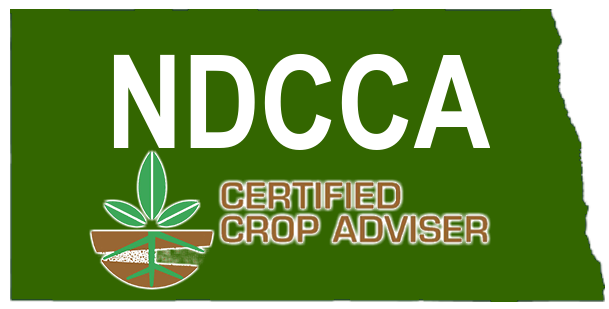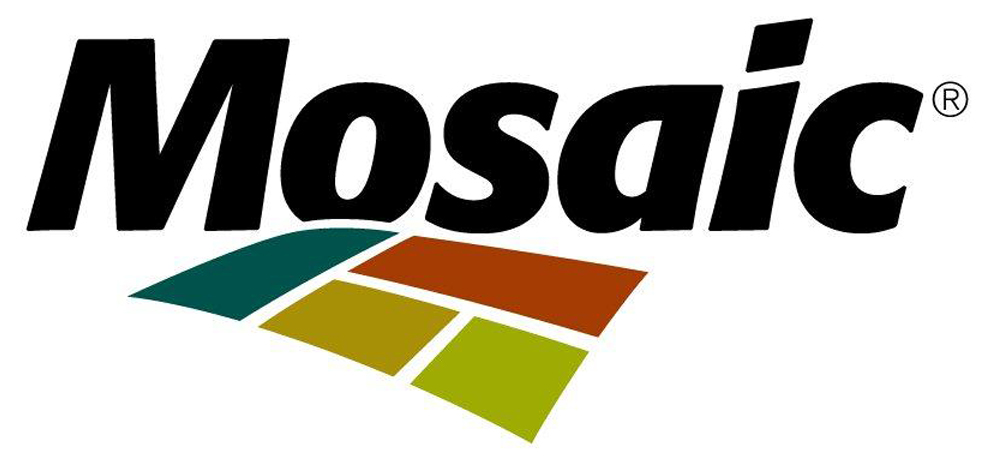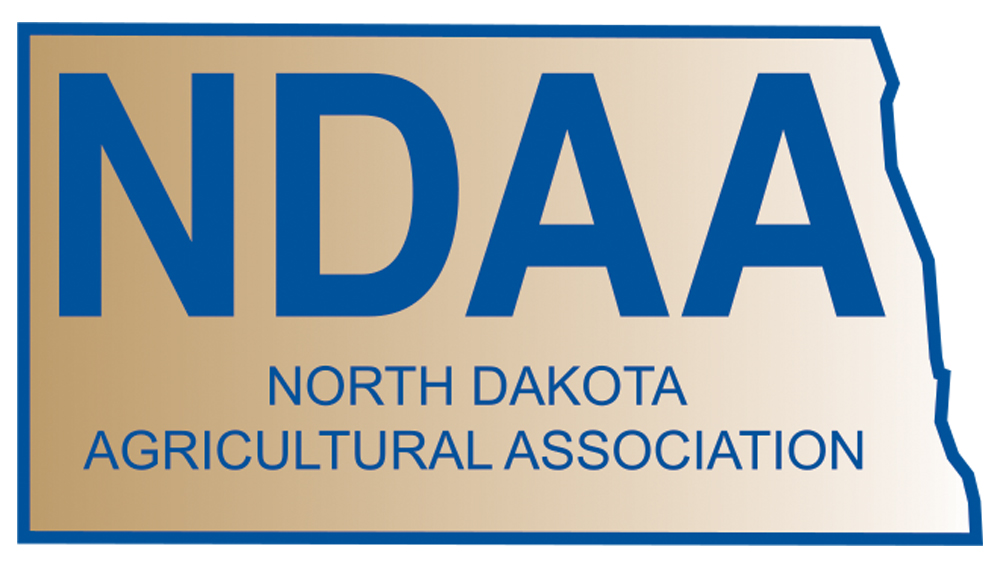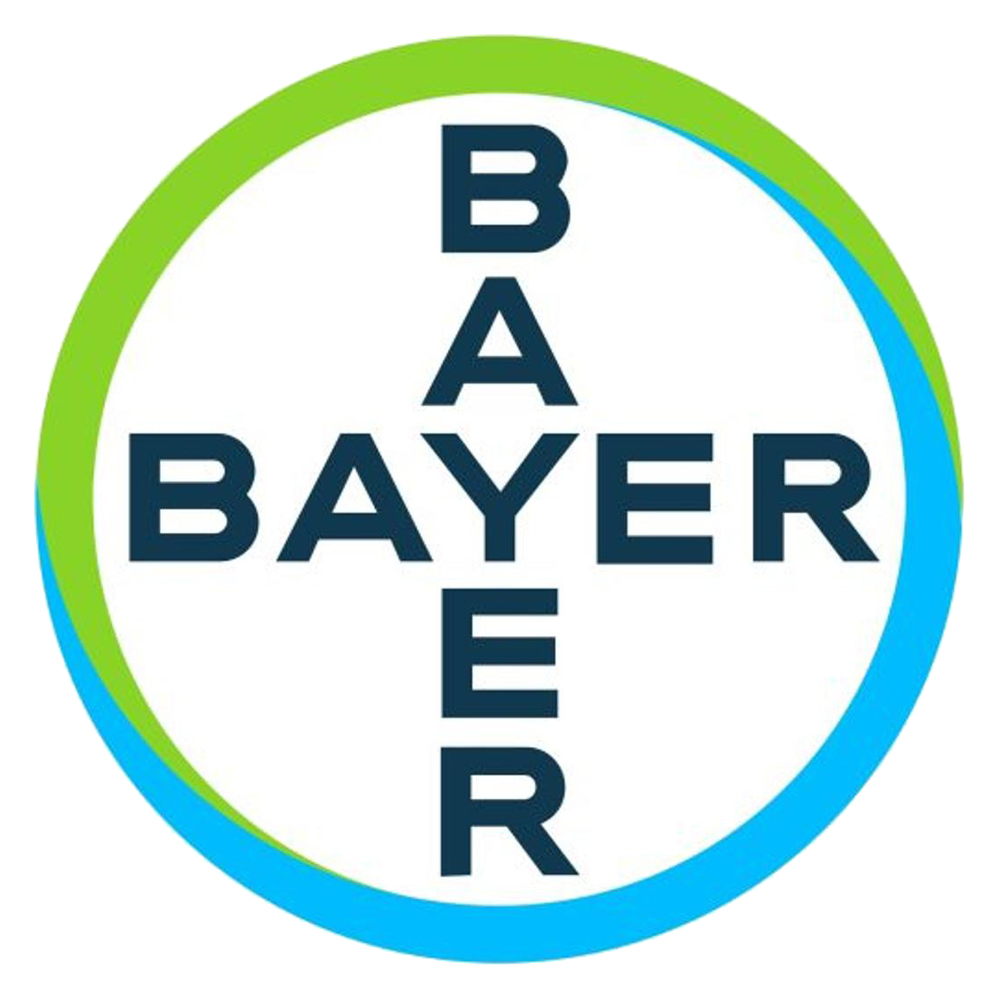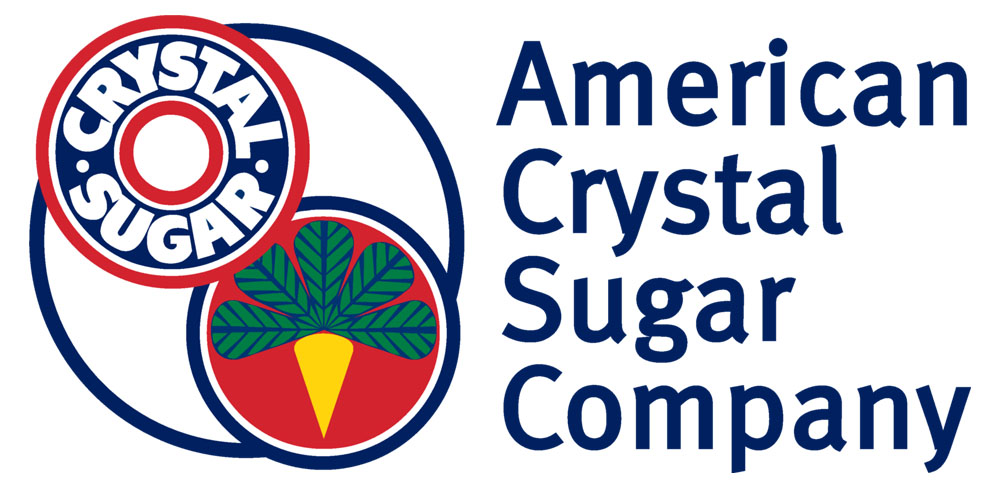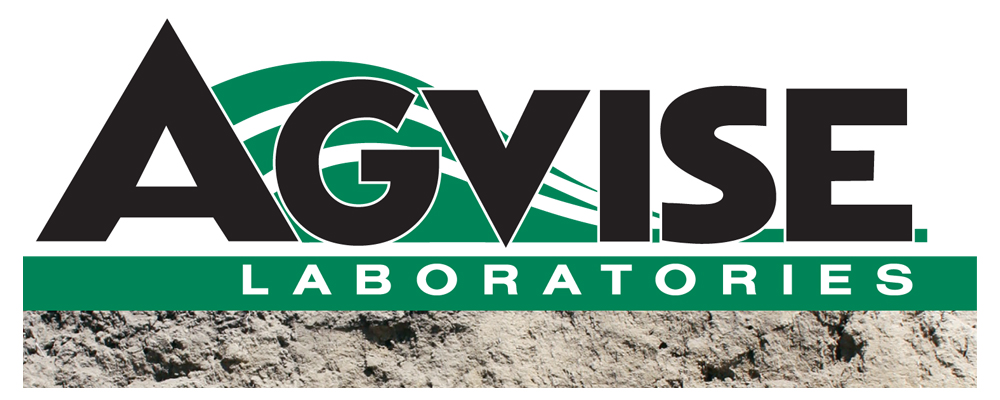Welcome to NDCCA!
CCA Spotlight

Kristie Sundeen Named 2024 North Dakota Certified Crop Adviser of the Year
Kristie Sundeen was named 2024 North Dakota Certified Crop Adviser of the Year. She has been a member of the ND CCA since January 2007. Kristie grew up on a small grain farm in Cavalier County, North Dakota. She graduated from the University of Minnesota, Crookston...
What is North Dakota CCA?
The North Dakota Certified Crop Adviser (CCA) program is a membership service of the American Society of Agronomy (ASA). CCAs are the benchmarks of professionalism in the agronomy industry. Established in 1992, ND CCA provides a standard for agronomy practices and business standards.
The NDCCA administers the CCA certification program and oversees the state exam and records continuing education requirements for the CCA program.

Why become a CCA?
Any adviser or consultant that spends the majority of their time advising growers or farmers on agronomic practices and can meet the standards is encouraged to become a CCA.
Certification is the standard by which professionals are judged. The certification program protects the public and the profession by enhancing career credentials. Being certified adds credibility to the profession. As one of more than 13,000 CCAs, you’ll become part of the most extensive, most recognized agriculturally-oriented certified program in North America.
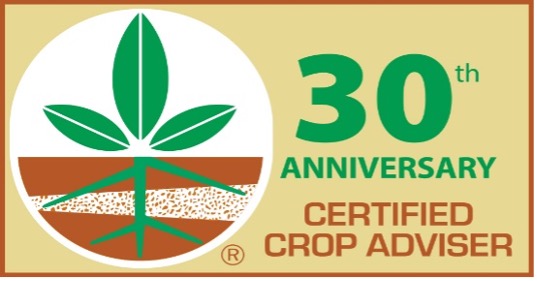
Why work with a CCA?
The purpose of the CCA program is to protect the public and farmers. This program is a voluntary, professional certification for advisers – proving their commitment to their clients, their employers, and the public welfare. Farmers can depend on that determination and commitment for true results in the field.
Bottom line: CCAs give you peace of mind for your farm, your way of life.

CCAs are required:
- To pass two comprehensive exams covering nutrient management, soil and water management, integrated pest management, and crop management.
- To have at least two years of documents crop advising experience with grower references.
- To sign and adhere to the CCA code of ethics – they always focus on grower profitability while optimizing and protecting natural resources.
- To earn 40 hours or more of continuing education every two years. CCAs always have the latest information on new technology and industry developments.
Kristie Sundeen Named 2024 North Dakota Certified Crop Adviser of the Year

Kristie pictured with NDCCA Board Chair John Christianson
Kristie Sundeen was named 2024 North Dakota Certified Crop Adviser of the Year. She has been a member of the ND CCA since January 2007.
Kristie grew up on a small grain farm in Cavalier County, North Dakota. She graduated from the University of Minnesota, Crookston with a bachelor of arts degree in Agricultural Business and an associate’s degree in Agronomy. While in college she interned with the University of Minnesota Canola Research Project, Agriliance, and CHS. Her first job after college was with CHS, Milton Group, in the Edmore location as an Agronomy Production Specialist. She left CHS to start her own crop consulting business, called Northland Crop Consulting Service, which she ran successfully for seven and a half years.
After getting married and having children, Kristie started working for Bayer CropScience as a Field Sales Representative and the US InVigor Sales Lead where she combined her passion for canola, agronomy and marketing. When US InVigor was sold to BASF she transitioned from Bayer CropScience to BASF and then worked as a Seed Advisor for BASF. In April of 201, she moved to Pioneer as a Territory Manager in ND and MN and then later became a Field Agronomist at Pioneer.
Kristie and her husband farm in Ramsey, Nelson, and Walsh counties. She loves agriculture and family! She also loves helping growers achieve their goals, solving problems in the field.
Congratulations, Kristie!
